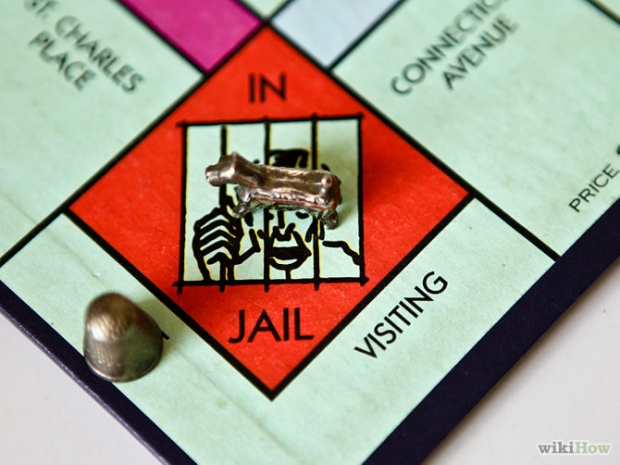Jobs' Mob has lost a lawsuit in which it was accused of engaging in anti-competitive practices and will be fined $647,124, a Taiwan court said. Tragically it is not enough cash for Apple to be concerned a couple of fanboys buying one of its iWatches should cover that, but what is amusing is that Apple felt it could bully the Taiwanese Fair Trade watchdog by suing it.
This current mess was when the island's Fair Trade Commission had levied a fine against the Silicon Valley firm for requiring its major Taiwan telecom partners to receive approval for pricing plans for its wildly popular iPhone series in advance of public release, in violation of Taiwanese law.
Apple was furious. It not only refused to admit it had done anything wrong, but decided to make an example of the FTC by suing it. After all if the FTC was sued successfully it would think twice before it took on the mighty Apple Cult ever again. After all Apple props up the business plans of a lot of Taiwan's businesses who would be guaranteed to put in a powerful character reference in court.
However Apple lost.
"Apple limited telecoms from setting contract price for its 4, 4S, 5 and 5S models, which is against the law," commission spokesman Chiu Yung-ho told Reuters.
Apple can still appeal and given its refusal to admit to doing anti-trusty things in the past it probably will.
Its iPhones are usually bundled with contracts via one of Taiwan's three major telecom companies, Chunghwa Telecom Co Ltd (2412.TW), Taiwan Mobile Co Ltd (3045.TW) and Far EasTone Telecommunications Co Ltd (4904.TW).
Taiwan Mobile and Far EasTone also declined comment. Chunghwa only said it respects the actions of the Fair Trade Commission, without elaborating.
Telecom companies in Taiwan own the rights to the phones they sell and can set prices however they see fit, the commission said.
"When the phone is transferred to a third party telecom, the vendor loses its right to set prices," said Chiu of the commission.
Apple also insisted upon approving the telecoms' iPhone subsidies, price differentials between old and new phone models and advertising content, the commission said.




